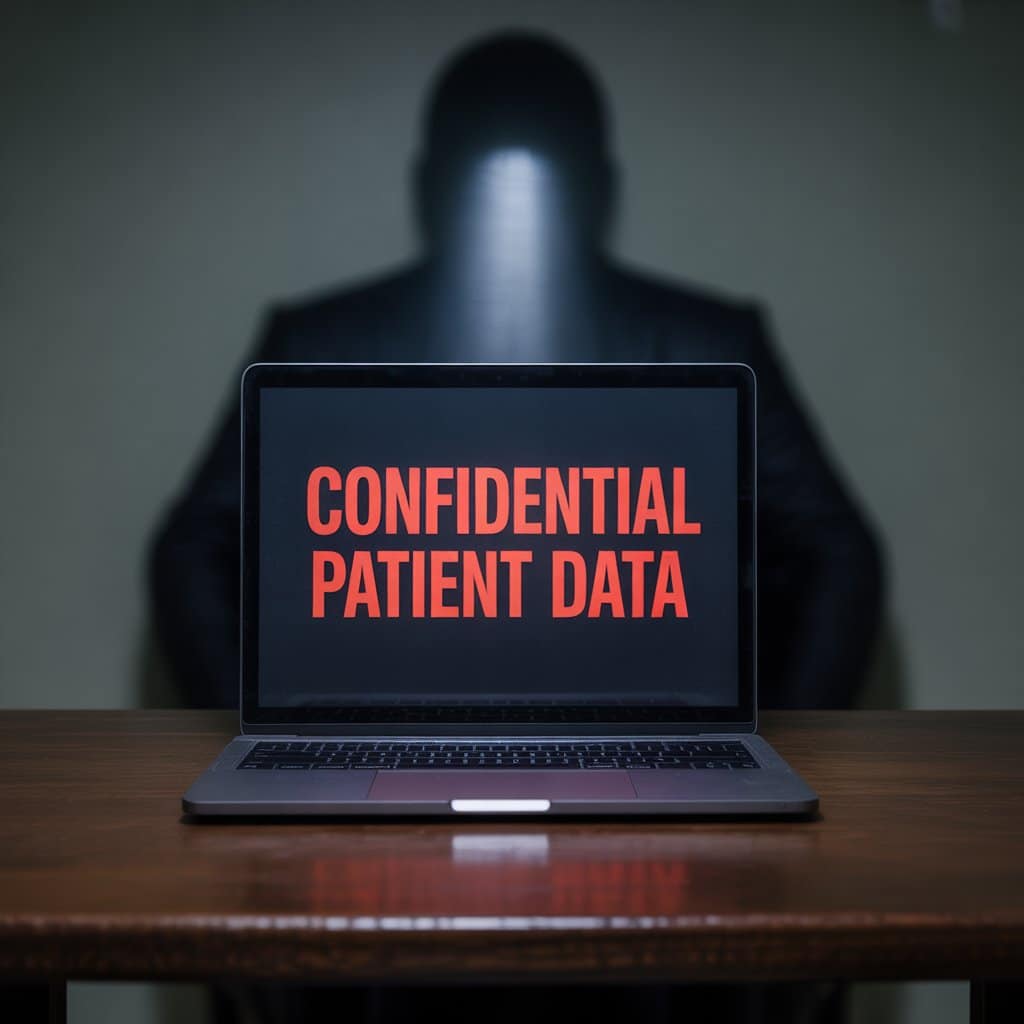While channel surfing and researching the factors that made for stronger relationships in therapy, an actionable perspective on Daryl Chow’s Frontiers of Psychotherapist Development stopped me in my tracks…
Research often sends me down a rabbit hole, and this night was no different. So, what did the research say about the primary factor in therapist effectiveness?
Was it age?
Nope.
Gender?
Not so much.
Discipline? (Psychologist, Marriage & Family Counselor, Social Worker)
Nope.
Years of experience?
Still no.
How about…the extent to which a patient finds the therapist/client relationship heartening, motivating, and resourcing?
Nailed it!
Psychologist Daryl Chow’s description of empathetic elements grabbed my attention since it struck me that empathy could be cultivated. He described practical empathy this way, “It is an act of not thinking less of yourself, but thinking of yourself less.” Like athletic skills, we can strengthen empathy muscles through intentional practice. For example, Chow describes
“In my attempts to communicate empathy, I need to focus less about me, and more about the effects on the other person. “The very few times I managed to communicate a deep sense of understanding, I see a sigh of relief (in his daughter), a softening, and often, tears come along.” Chow (2024) The impact of practical empathy may include physical relief, softening, and tears, evidence of empathy’s powerful, stress-reducing, resilience-boosting effects. And opposite of today’s headlines where the latest ‘diss,” ‘ghosting,” and vulgarity hits our monitors like an acne outbreak on a 14-year-old. When a person feels seen, it’s physical and empowering, and the ripple effects can last for years…remember Katy Ledecky’s 8-year-old Superfan?
But what about the ’empathizer,’ the person offering empathy? What positive effects ripple out to them?
Robert Waldinger, director of the Harvard Study of Adult Development, leads the longest-running study on adult human life, now in its 86th year. The study spans three generations and surveyed over 2,000 participants to reveal key factors for thriving. Waldinger found, “The people who were happiest, who stayed healthiest as they grew old, and who lived the longest were those who had the warmest connections with others. In fact, good relationships were the strongest predictor of who was going to be happy and healthy as they grew old.” (McKinsey & Co., 2023)
The surge in news cycles spewing the latest incivility, resources like Empathetics, an empathy-building course, and books such as Born for Love: Why Empathy is Essential and Endangered underscore a society hungry for empathy. If relationships are the soil we grow in, they shouldn’t be Superfund sites. The U.S. Environmental Protection Agency identifies Superfund sites as so polluted they pose a health risk and need major cleanup and revitalization. Empathy rejuvenates, breathing life back into our social connections. And it’s just as regenerative to the workplace as personal relationships, fostering perspective-taking, creativity, and connection. For example, the online pet retailer Chewy refunded the cost of unopened dog food to a customer who lost her pet, asked her to donate the food to a pet shelter, and sent her sympathy flowers.
Like athletes who make conscious choices about diet and exercise to achieve their goals, we can intentionally practice empathy to strengthen relational connection. And it doesn’t take much, just like taking the stairs instead of the elevator, drinking water instead of soda, and pausing for ten minutes of body-weight exercises make a difference in our physical health; small shifts can make a big difference in our emotional and relational well-being.
For those ready to ‘flip the script’ and cultivate connection, here are some practical tips:
Aim for marginal gains. Sir Dave Brailsford, the British cycling general manager charged with revolutionizing the British Cycling Team “applied a theory of marginal gains to cycling — he gambled that if the team broke down everything they could think of that goes into competing on a bike, and then improved each element by 1%, they would achieve a significant aggregated increase in performance. “(Harrell, 2024). The strategy transformed the team from never winning the Tour de France to winning six times between 2012- 2022. A similar approach to empathy can be taken by finding small areas of difference to start consistent practice. For example
Send a text or email to someone you’ve lost contact with to let them know, “I was thinking of you, and just wanted to say hello.”
Make eye contact: Make an effort to greet and make eye contact with coworkers you might usually pass without acknowledgment. (Warning: You’ll have to look away from your phone.) “I see you” is a powerful stress reducer that sets a positive tone for the day.
Make another’s plans work: New York Times reporter Dana O’Neil described how Simone Biles asked the press to allow time for a translation as Alice D’Amato, an Italian gymnast, struggled with a press conference. Being buffered by The GOAT highlights how Simone shines relationally and athletically. But empathy isn’t just for world-class gymnasts. Dad Tiana Paopao, a hefty Samoan dad, donned his tutu to dance onstage with his three-year-old daughter, Willow. Seeking opportunities to support newcomers in social situations is a powerful empathy practice.
You don’t have to be a therapist or Olympian to practice empathy or to pause for a significant difference in someone’s day. Seek opportunities to weave empathy into your daily routine. With attention and intention, you’ll strengthen relationships and benefit yourself and others. Start where you are; with practice, you’ve got this.
Leave a comment below…
Have you been the recipient of empathy? What was it like?
If you challenged yourself to be more empathetic, what was the impact?
Author Talks: The world’s longest study of adult development finds the key to happy living. (2023, February 16). McKinsey & Company. https://www.mckinsey.com/featured-insights/mckinsey-on-books/author-talks-the-worlds-longest-study-of-adult-development-finds-the-key-to-happy-living
Chow, D., MA PhD. (2024, May 11). Empathy Series – Frontiers of Psychotherapist Development. Frontiers of Psychotherapist Development. https://darylchow.com/frontiers/empathy/
Harrell, E. (2024, March 29). How 1% performance improvements led to Olympic Gold. Harvard Business Review. https://hbr.org/2015/10/how-1-performance-improvements-led-to-olympic-gold
Manager, T. S. C. (2024, July 12). 2024 State of Workplace Empathy Report: Pouring from an Empathy Empathy Cup. Businessolver. https://www.businessolver.com/resources/2024-state-of-workplace-empathy-executive-report-part-1/
O’Neil, D. (2024, August 6). If that was it for Simone Biles’ Olympic career, let’s all appreciate what we just saw. The Athletic. https://www.nytimes.com/athletic/5682089/2024/08/05/simone-biles-olympics-gymnastics-career-retirement-legacy/
Sacks, H. (2023, December 21). Six-Foot Tall Dad Wears Tutu and Dances with Daughter on Stage for Her First Ballet Recital: ‘Best Daddy’ Peoplemag. https://people.com/dad-wears-tutu-and-supports-daughter-on-stage-for-her-first-ballet-recital-8419285ave a




